Scenario;
We currently have a WebApp acting as an API for an Angular client app and we have a separate azure functions project where we handle messages queued on the service bus. We have quite a lot of async functionality where a user triggers an action on the client, handled by the api which in turn queues some messages on the message bus. These are then handled by the functions project.
Now we're trying to add "live updates" in the client app.
The triggers from these live updates may both come from messages being handled, or other endpoints on the api being called. But I'm struggling.
Using the code samples from Microsoft I've managed to setup the "chat application" inside my api with a Hub to receive and broadcast messages to the chat client app. But I'm struggling to connect my Azure Function to the same signalr service so it can also broadcast messages to the chat.
WebApp setup:
Added following lines of code in the correct place in Startup.cs
services
.AddSignalR()
.AddAzureSignalR(configuration.GetConnectionString("SignalR"));
app.MapEndpoints(endpoints => {
endpoints.MapHub<ChatHub>("/chat");
});
Created a Hub: ChatHub.cs
public class ChatHub : Hub
{
public async Task BroadcastMessage(string name, string message)
{
await Clients.All.SendAsync("broadcastMessage", name, message);
}
public async Task Echo(string name, string message)
{
await Clients.Client(Context.ConnectionId)
.SendAsync("echo", name, $"{message} (echo from server)");
}
}
So far so good, the client app can connect and as a user I can both broadcast messages as well as echo messages back to myself.
I created an endpoint on one of the controllers to be able to test if I can send messages to the chat from within a controller:
[HttpPost("chat/message")]
public async Task<ActionResult> HandlePostChatMessage(string message)
{
await _chatUtil.SendChatMessage("ApiTrigger", message);
return NoContent();
}
Now I created a timertrigger in the function project, that should also send messages every 30 seconds (as a test to see if everything works)
SendChatMessageTimerTrigger.cs
public class SendChatMessageTimerTrigger
{
[FunctionName(nameof(SendChatMessageTimerTrigger))]
public async Task Run(
[TimerTrigger("%Functions:" + nameof(SendChatMessageTimerTrigger) + ":TriggerSchedule%")] TimerInfo timerInfo,
[SignalR(ConnectionStringSetting = "ConnectionStrings:SignalR", HubName = "chat")] IAsyncCollector<SignalRMessage> signalRMessages)
{
await signalRMessages.AddAsync(
new SignalRMessage
{
Target = "broadcastMessage",
Arguments = new[] { "FunctionTrigger", $"Current time: {DateTimeOffset.UtcNow}" }
});
}
}
From what I can see debugging the function, SignalR is connected (so the connectionstring is found). No exceptions are being thrown when the method executes. But, these messages are not being show in the client app.
Does anyone have any insights as to why the functions app isn't able to successfully send chat messages? Or am I missing something else?


